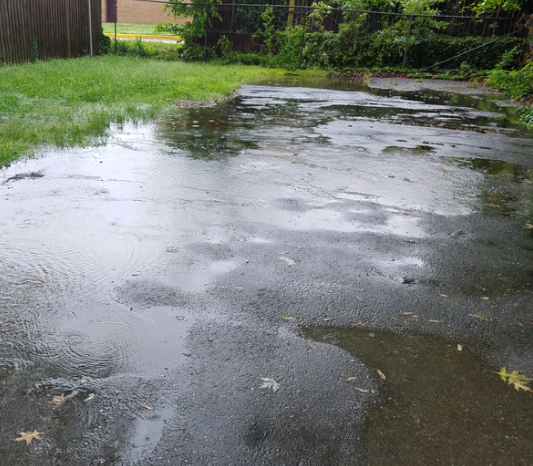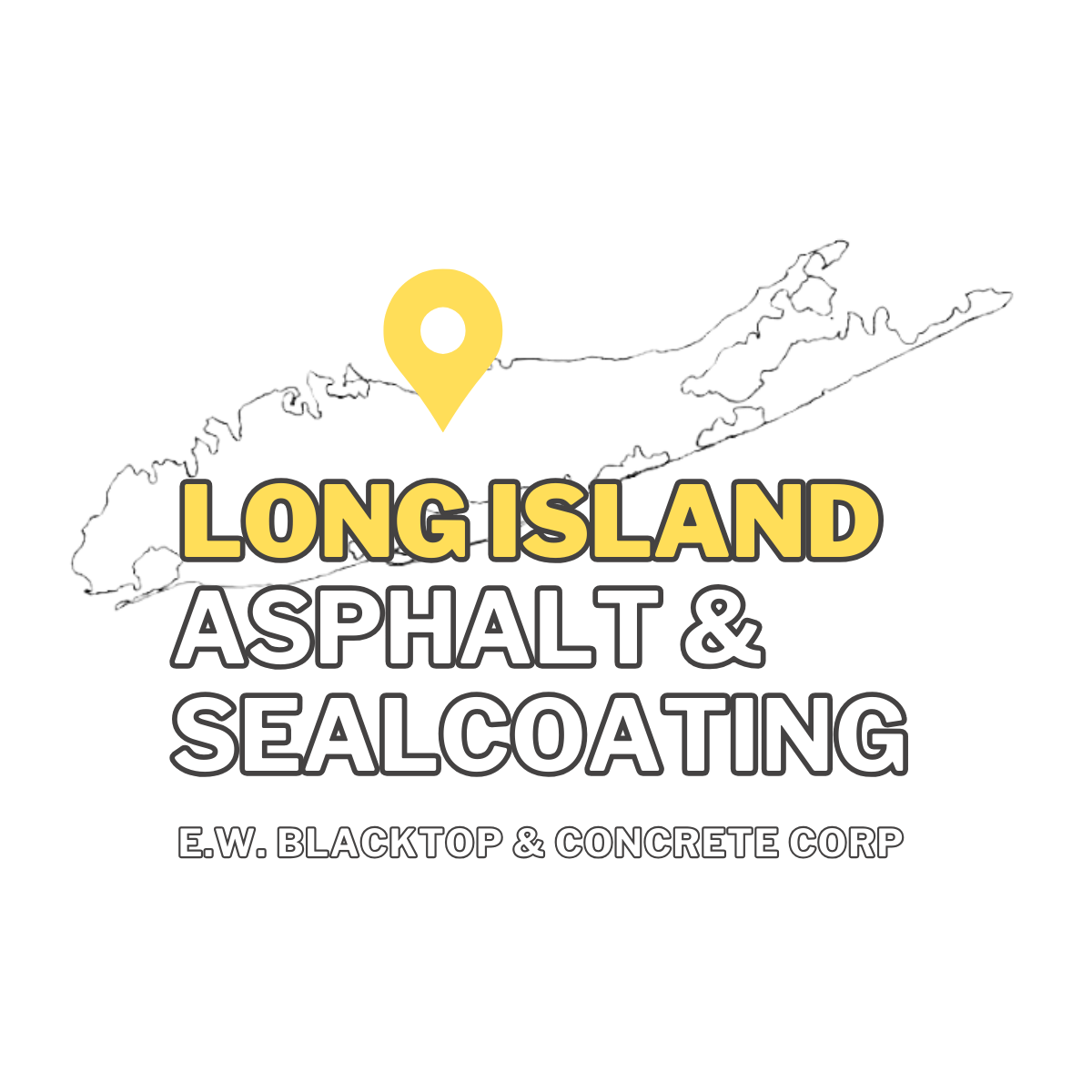Water Pooling on Your Asphalt Driveway: Why You Should Fix it and How
Fixing Water Pooling to Save Your Driveway
Not only is standing water in your driveway unsightly and inconvenient, but it can also cause damage to your asphalt and surrounding property. If you are having problems with driveway drainage, do not worry—you are not alone. This article will explain the causes of water pooling in your driveway and go over the best solutions.
Causes of Water Pooling
There are a few reasons why water may pool in your driveway. In many cases, these reasons stem from the installer's ignorance in failing to properly prepare the site, plan, and lay the materials. This is why choosing a professional contractor, like Long Island Asphalt & Sealcoating, is so important.
Existing Damage
If there is any current damage to your driveway, water may collect in areas. Water may be drawn to the middle of your driveway by cracks, depressions, and raised areas. Standing water remaining in these spots can cause deterioration and other issues. Driveway filler used carelessly to patch up pre-existing damage can exacerbate the problem by making the driveway even more uneven and less drainable.

Poor Design and Drainage
Drainage should be top priority when installing a new driveway. Unfortunately, not all contractors follow this advice, and when laying a new driveway, they fail to consider or even account for drainage properties. There is a chance they overlooked things like your property's overall slope or a slope on one side of the driveway.
Poor Installation
If you install a drainage system but your driveway is lumpy, uneven, or cracked, some water will not be able to properly flow to or through the drain as planned. This will result in large puddles forming in unexpected places, and consequent water damage.
The Consequences of Water Pooling on Your Driveway
Maybe you do not think much of the enormous puddle in your driveway. I mean, it is just water, right? Wrong.
While it's true that asphalt and concrete driveways are mostly water resistant, they can break down over time as they age, allowing water to seep into the driveway. The driveway material ages naturally due to exposure to the sun, chemicals, and other environmental factors, including water. When water is unable to properly drain from your driveway, as we learned above, it can permeate into cracks and openings and further damage your asphalt service. But this isn’t just about your driveway.
That pooling water in your driveway can also affect your landscaping, washing away mulch and soil or drowning flowers. The worst part is that the water seeping into your driveway may eventually reach the foundation of your house and cause structural damage.
Drainage Solutions for Your Driveway
Sweeping water off your driveway every time it rains is not a sustainable solution. To fix your pooling water issues, you need to either install a better drainage system or replace your driveway altogether. To avoid replacement, there are several popular drainage options available to you:
Channel Drains:
A channel drain is a type of trench drain. At the base of slopes is a long, grated drain designed to collect rainwater. These are perfect for quick drainage and sloping driveways. You may install this discreet drain all the way around your driveway.
French Drains:
Like a channel drain, a French drain is a trench, but it is filled with gravel and a perforated pipe to move surface water and groundwater away from the area. They may be covered by a decorative grate.
Swale Systems:
A swale system is a shallow channel with stones, grass, or other porous materials that stores or redirects water. These subtle depressions in your landscape are better for larger properties.
Paver Stones:
Paver stones are a great way to update your driveway and add permeability to allow water to drain freely. Using smaller stones, this option creates a driveway with tiny spaces between the stones that allow water to pass through. It looks good, but will require that you completely remodel your driveway, which is obviously a larger cost.
Is a Brand New Driveway the Answer?
If your Long Island property makes it impossible to lay a driveway that slopes gently, paver stones are a great solution. That being said, in most cases, replacing the entire asphalt driveway with a level, well-draining asphalt or cement replacement is an excellent option for dealing with standing water in your driveway.
A new, smooth driveway surface with proper design and slope can solve your drainage problems for good. If you believe that your driveway has reached the end of its useful life, you might want to consider replacing it rather than making the effort to implement a mentioned drainage solution. Contact the professionals at Long Island Asphalt & Sealcoating for a free estimate. Our team can come out and evaluate the damage to help you determine the best course of action.
We have the expertise to help you install a drainage system, or a brand new asphalt, cement, or paver stone driveway at your Long Island home. Call today!
